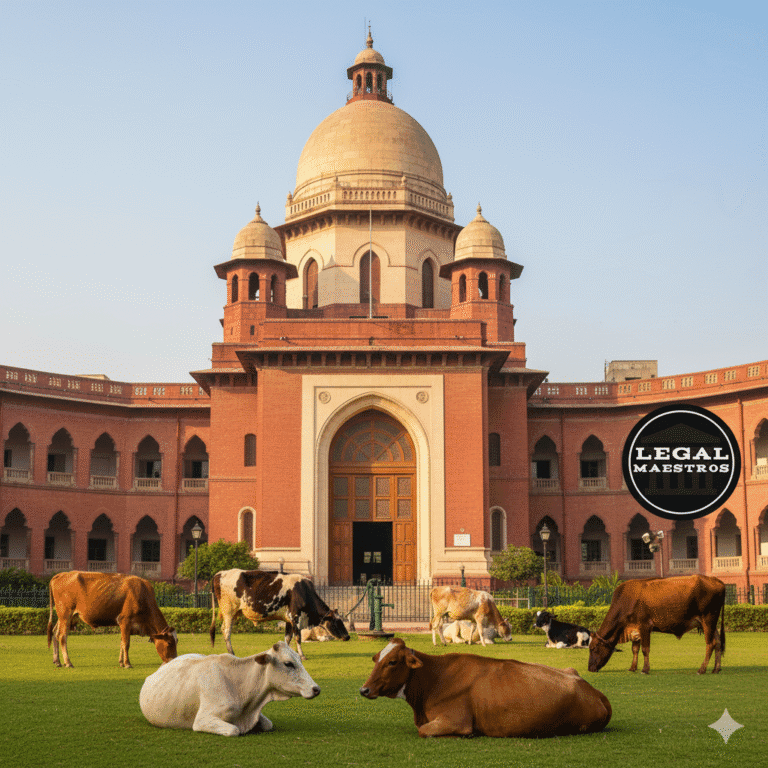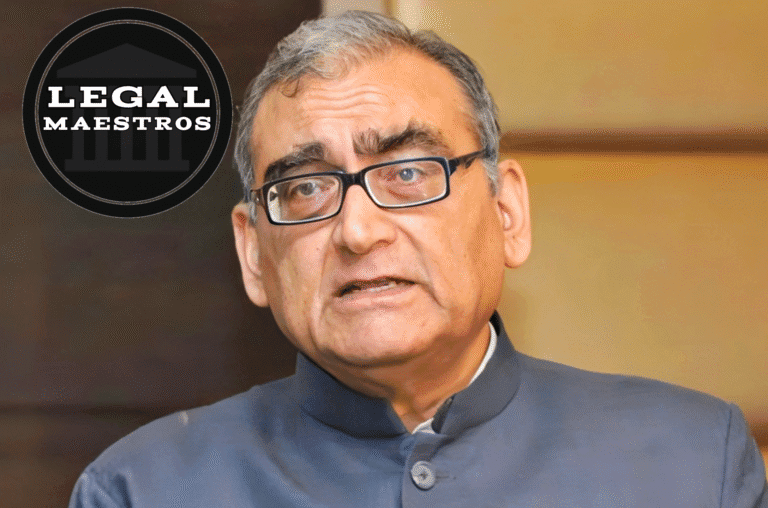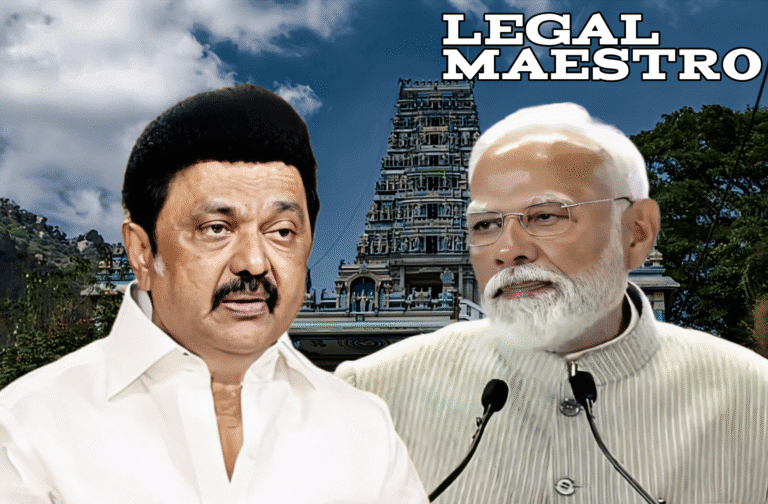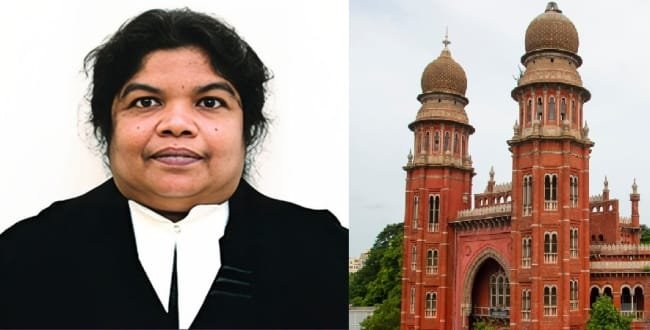
Legal Turn in a Political Tempest
In a twist to the law where politics plays a major role, the Karnataka High Court has ordered an interim stay of any further actions including coercive action submitted by a leader of the Bharatiya Janata Party (BJP), Anant Kumar Hegde, in a case of road rage that has become a hot point of discussion in the community. The court ruling coincides with the assault and verbal abuse charges against Hegde over a case who reportedly occurred in April 2024.
What is the Road Rage Incident?
This has led to controversy following the complaint filed against Ananth Kumar Hegde, who in the process of a road altercation, assaulted and physically assaulted another driver at Sirsi town of Uttara Kannada district. The complainant alleged that Hegde used his political power to harass and showed verbally and physically brutal behavior. The First Information Report (FIR) states that the incident took place when the convoy of Hegde was blocked by a local car after which they engaged in a heated conversation that turned violent.
According to eyewitnesses, Hegde who was said to be angered by the delay approached the driver, cursed him and he allegedly slapped him. In the complaint, the individual claimed that Hegde threatened him by bringing up his political stance and power.
For any queries or to publish an article or post or advertisement on our platform, do call at +91 6377460764 or email us at contact@legalmaestros.com.
Fire requirements and Police Operation
Upon lodging the case, local police filed a First Information Report (FIR) against Hegde under various chapters of Indian Penal Code (IPC), including Section 323 (voluntarily caused hurt), 341 (wrongful restraint), 504 (intentional insult with intent to cause a breach of peace) and 506 (criminal intimidation).As the FIR was filed, the political opposition doubled up the pressure on the immediate arrest and resignation of Hegde from any public office which he is holding at present.
In the process of their primary investigation, police summoned Hegde so that the police could question him initially. But no arrests were immediately effective. This attracted criticism and suspicion in society that he was receiving preferential treatment because he was a politician.
Hegde is making a petition to the High Court
Following the FIR and the possibility of arrest, Ananth Kumar Hegde approached the Karnataka High Court asking to quash the FIR and seek a stay of arrest. One of the arguments of his lawyers was that the matter was politically charged and that the evidence presented was not that significant The petitioner had contended that the FIR was politically motivated which was to decimate his reputation.
For any queries or to publish an article or post or advertisement on our platform, do call at +91 6377460764 or email us at contact@legalmaestros.com.
The plea also asserted the incompetency of the investigation in the procedure and also said that the complainant was falsifying the charges against him due to personal and political reasons. Hegde asked the court not to take any coercive measures like arrest or summons, until the entire legal scrutiny is done of the case.
Interim Relief of the Karnataka High Court
Having considered the petition, the Karnataka High Court ruled to give interim protection to Ananth Kumar Hegde. The single-judge bench noted that given that the case was subjudice and that the accusations against the applicant needed serious inquiry, no coercive measures against the applicant would be taken until the next date. This simply implies that the police are not allowed to bring arrest or drag Hegde by force into court until the courts consider the case in detail.
The court observed that forceful intervention at this stage may be too soon and may result in irreparable damages especially in the event that the claims were later determined as false. The judge stressed that the importance of a judicial balance between individual rights and individual responsibility must be held and especially in the case of an individual who is a person in the limelight.
For any queries or to publish an article or post or advertisement on our platform, do call at +91 6377460764 or email us at contact@legalmaestros.com.
Statutory Basis of Redress
The ruling by the court will be based on some important considerations which include some criminal procedure values. The first significant one was whether the flesh evidence existed to warrant arrest under Section 41A of the Criminal Procedure Code (CrPC) that involves the issuance of appearance notices before police officers. This kind of provision particularly applies when arresting an individual might not be needed in the process of conducting a successful investigation.
Also, the court was informed about the status of Hegde, a former Union Minister and a long-time public servant, in a reminder that arrests given to people in the public eye without great thought can lead to the use of legal devices as political weapons.
Reaction and Political Implications of the Opposition
The opposition parties started criticizing the stay order strongly arguing that the judiciary is soft-ironing big wigs in politics. Certain leaders of the opposition feared that the ruling would provide an unhealthy precedent in which those who are influential could tirelessly go scot-free by claiming to be under interim protection.
For any queries or to publish an article or post or advertisement on our platform, do call at +91 6377460764 or email us at contact@legalmaestros.com.
BJP supporters however hailed the judgment of the court arguing that the whole incident was a kind of drama to vilify Hegde who has been at times a very aggressive politician and a fierce speech maker. They demanded that the truth would be revealed when somebody heard about the case in detail.
Controversies have become a pattern of life.
It is not the first time that Ananth Kumar Hegde has been in the pit of controversy. He has had several lawsuits and confrontational outbursts with other personalities over the years. The greatest aspects that have encompassed his political career have been an amalgamation of his strong following among supporters and criticism of him by his critics.
The road rage case becomes a further element of the complex persona that he has had as a public figure, involving aggression and prone to legal issues. Whatever happens to this recent court challenge may affect the future political prospects of this great politician and is highly dependent on the way that the case proceeds in a court of law.
For any queries or to publish an article or post or advertisement on our platform, do call at +91 6377460764 or email us at contact@legalmaestros.com.
The Greater Law Question: Law Vs Politics Balancing Act
The case also brings back the debate on how cases of politicians should be treated within legal institutions. On the one hand, the judiciary shall make sure that political power fails to shelter people before the law. Conversely, the courts should also be careful about the political abuse of the provisions of the law aimed at harassment or defamation of a public figure.
It can be perceived that the court is trying to move along this tightrope, which was determined by its decision to stop coercive action. This does not acquit Hegde of the charges but neither do it hamper the investigation but only serves the benefit of getting due process followed.
Looking Forward to What Lies Ahead
The case will be reviewed again by the Karnataka High Court at future hearings and the parties will provide elaborate arguments and evidence. The police can pursue the investigation process but they cannot take any aggressive measures towards Hegde like arresting him till the time the stay is recalled or substituted.
For any queries or to publish an article or post or advertisement on our platform, do call at +91 6377460764 or email us at contact@legalmaestros.com.
Hegde, in his turn, is actively involved in politics and still denies all the allegations. His lawyers are now going to contend that there should be total quashing of the FIR during the next hearing.
The ruling of the Karnataka High Court to stay coercive proceedings against Ananth Kumar Hegde is a conservative strategy by the judiciary against politically controversial cases. It gives a brief reprieve to the BJP leader but leaves open the option of a complete legal investigation. As the case goes on, it is going to be a test of whether the rights of an individual should be given much importance or accountability even when celebrated political figures are involved. The final decision can have valuable precedents not only regarding political behavior but also regarding the boundaries of judicial involvement in criminal inquiry about people with high authority.








1 thought on “Karnataka High Court Halts Coercive Action Against BJP’s Ananth Kumar Hegde in Road Rage Case”